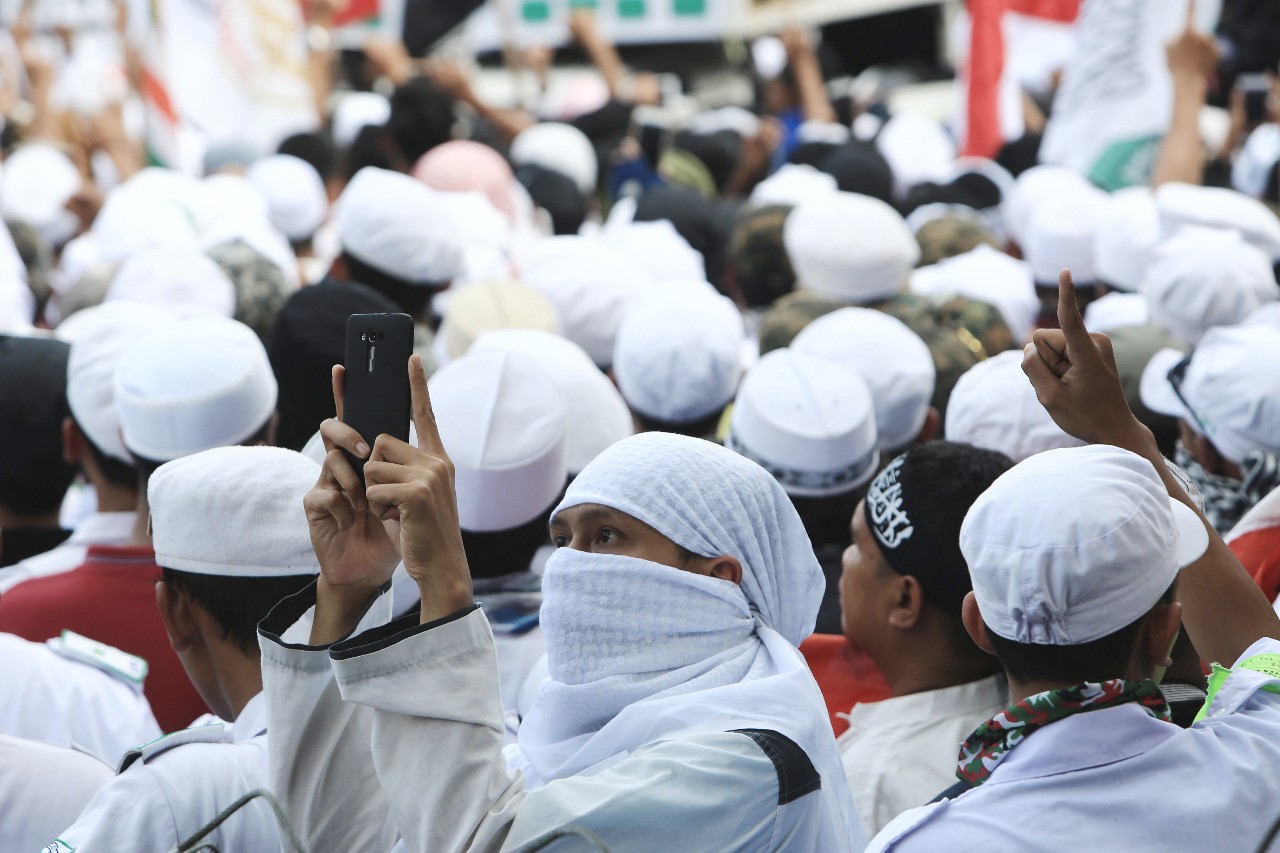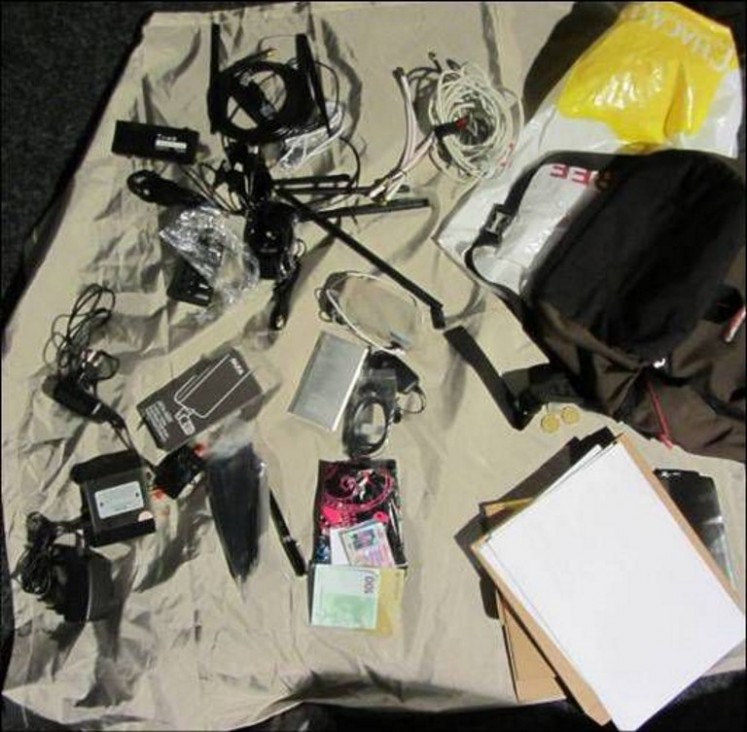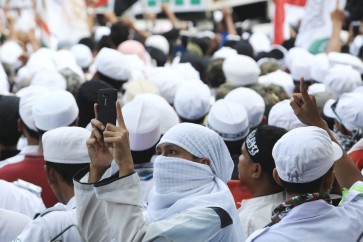Popular Reads
Top Results
Can't find what you're looking for?
View all search resultsPopular Reads
Top Results
Can't find what you're looking for?
View all search resultsResolving the Rohingya crisis the ASEAN way
ASEAN should maintain its mediatory role and buffering other organizations or state members that employ a bolder approach to the crisis, such as the United Nations and Indonesia.
Change text size
Gift Premium Articles
to Anyone
S
aid to be one of the most oppressed communities in the world, the Rohingya, an ethnic minority group in Myanmar, have experienced discrimination and injustice for decades.
The case has increasingly garnered international attention since boats carrying Rohingya were denied entry to Thailand’s and Malaysia’s coasts in May 2015, resulting in humanitarian outrage from concerned global citizens. To date, humanitarian resolution to end the deplorable conditions of the Rohingya has barely made progress.
Despite its complexity, this unavailing attempt is partly contributed by misconceptions of the root causes of the crisis. It is also important to study the evolution of the ASEAN and the impact of its political behavior on Myanmar, which can give the group an opportunity to alleviate the plight of the Rohingya.
The ethics behind the humanitarian imperative is undeniably true. This protracted crisis facing the Rohingya indeed calls for immediate action. However, provisioning humanitarian relief without understanding and addressing the root causes of deep-seated discrimination against the Rohingya may only prolong suffering as the crises persist.


















